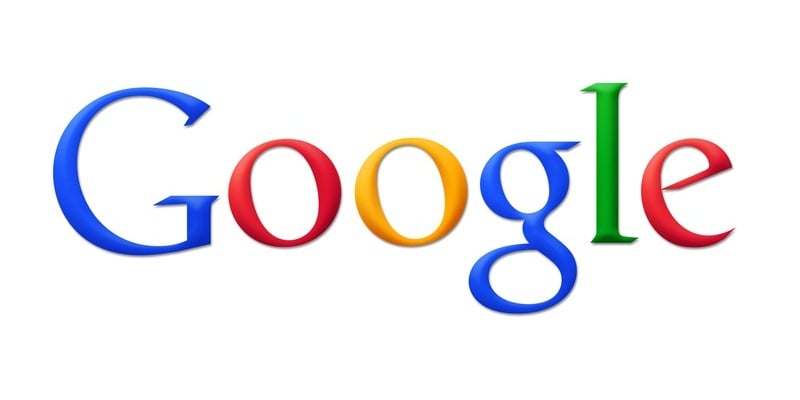Google to Keep the Internet Free from Censorship
October 22, 2013 by Douglas A. McIntyre
The search company has to be praised for the initiative, which is one of very few actually and practically aimed at solving the cyber-attack problem.
Its announcement tells the story:
As long as people have expressed ideas, others have tried to silence them. Today one out of every three people lives in a society that is severely censored. Online barriers can include everything from filters that block content to targeted attacks designed to take down websites. For many people, these obstacles are more than an inconvenience — they represent full-scale repression.
This week, in partnership with the Council on Foreign Relations and the Gen Next Foundation, Google Ideas — our “think/do tank” — is hosting a summit in New York entitled “Conflict in a Connected World.”
The summit brings together “hacktivists,” security experts, entrepreneurs, dissidents and others to explore the changing nature of conflict and how online tools and can both harm and protect. We’re also assessing what might be done to better protect people confronting online censorship. With our partners, we will launch several new products and initiatives designed to help:
•Project Shield is an initiative that enables people to use Google’s technology to better protect websites that might otherwise have been taken offline by “distributed denial of service” (DDoS) attacks. We’re currently inviting webmasters serving independent news, human rights, and elections-related content to apply to join our next round of trusted testers.
•The Digital Attack Map is a live data visualization, built through a collaboration between Arbor Networks and Google Ideas, that maps DDoS attacks designed to take down websites — and their content — around the globe. This tool shows real-time anonymous traffic data related to these attacks on free speech, and also lets people explore historic trends and see related news reports of outages happening on a given day.
•uProxy is a new browser extension under development that lets friends provide each other with a trusted pathway to the web, helping protect an Internet connection from filtering, surveillance or misdirection. The University of Washington and Brave New Software developed the tool, which was seeded by Google Ideas. To learn more about the challenges uProxy aims to address, watch our video.
Information technologies have transformed conflict in our connected world, and access to the free flow of information is increasingly critical. This week’s summit — as well as Shield, the Digital Attack Map and uProxy — are all steps we’re taking to help those fighting for free expression around the globe.
Posted by Jared Cohen, Director, Google Ideas
Essential Tips for Investing: Sponsored
A financial advisor can help you understand the advantages and disadvantages of investment properties. Finding a qualified financial advisor doesn’t have to be hard. SmartAsset’s free tool matches you with up to three financial advisors who serve your area, and you can interview your advisor matches at no cost to decide which one is right for you. If you’re ready to find an advisor who can help you achieve your financial goals, get started now.
Investing in real estate can diversify your portfolio. But expanding your horizons may add additional costs. If you’re an investor looking to minimize expenses, consider checking out online brokerages. They often offer low investment fees, helping you maximize your profit.